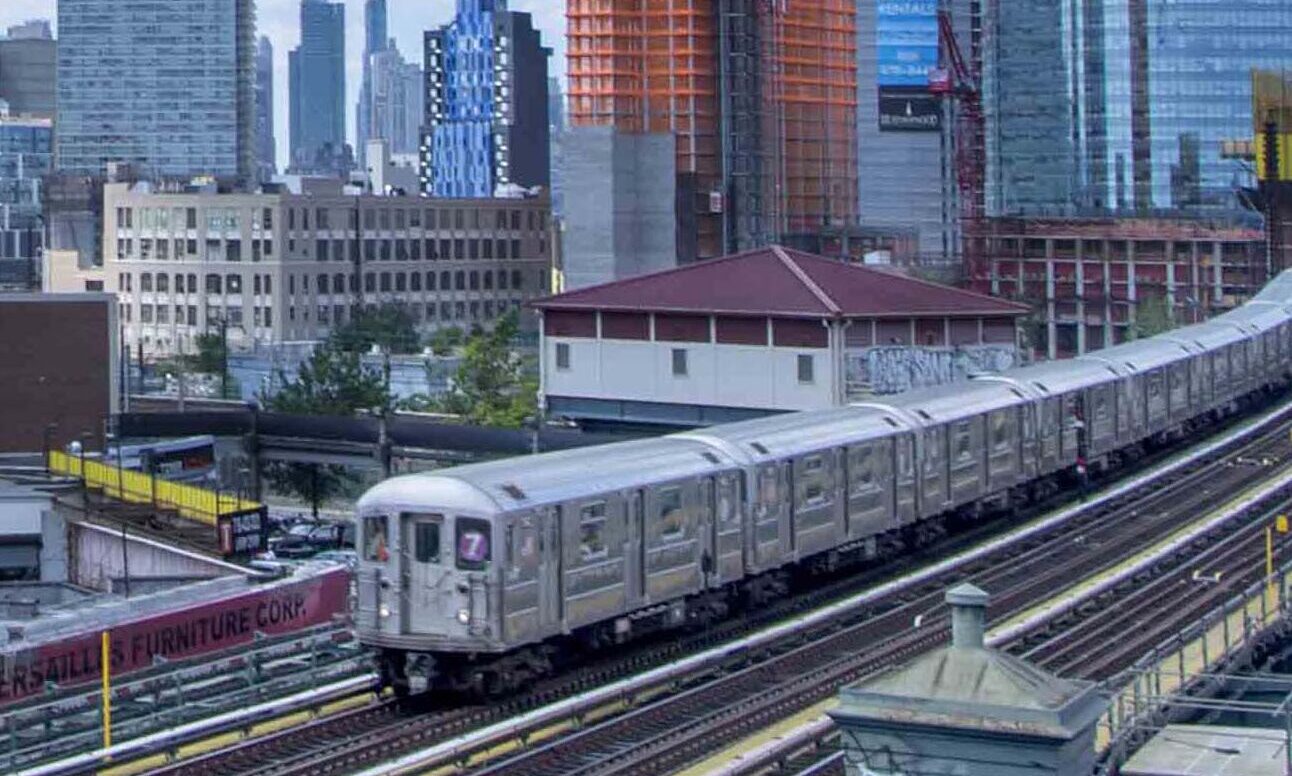On May 22nd, the Metropolitan Transportation Authority (MTA) proposed raising the New York City subway and bus fare from $2.75 to $2.90, the first fare hike since 2015, prompting a wave of discontent among residents.
For most New Yorkers, the subway system serves as their primary mode of transportation. Aniyah Coleman, an 18-year-old psychology student at LaGuardia Community College in Long Island City, emphasizes the importance of the New York City subway in her daily life.
“That 7 train is my lifeline,” Coleman says. “I can’t drive around here, let alone find parking, which also costs money. Now they want to raise the fare? When am I supposed to catch a break?”
The MTA has systems in place that help alleviate some of the financial burden on select New Yorkers. Middle and high school students are eligible for full-fare or reduced-fare MetroCards. The reduced fare is $1.35, and is also available for individuals with service animals, mobility aids, and physical and/or mental disabilities. Over the past 16 years, the ASAP program in The City University of New York (CUNY) has supported more than 88,000 students, and supplies eligible low-income students with full-fare MetroCards.
Even with these systems and programs in place, some New Yorkers still feel the burden of the MTA fare.
Josephine Williams, a 32-year-old Astoria resident, relies on the N or W train for her daily commute to Chelsea, Manhattan. Williams believes the fare hike would place additional financial burdens on people already struggling with New York City’s high cost of living.
“You know how difficult it is to just make ends meet in New York? It’s hard to even breathe sometimes with how expensive it is to live here,” says Williams, “I love this city, but bumping up the fare would be even more stressful and drive even more people out.”
Lucas Hutch, a 23-year-old accounting student intern living in Long Island City, offers insight into the possible reasons behind the fare increase. Hutch believes that the rise in fare evasions has contributed heavily to the proposed fare increase.
“[The MTA is] already losing a ton of money from people hopping the turnstiles and going through the emergency doors. Of course, they’re going to raise the fares. They’re a business and they’re losing money.” says Hutch, “The people being punished are the people who abide by the law and pay the fare.”
Social media platforms have provided a space for New Yorkers to express their discontent. Julian Tyrese Joseph echoes Hutch’s sentiment on Twitter, writing, “mta raising the fare this summer = more ppl jumping over the turnstiles.”
However, Catherine Greene, a 25-year-old marketing professional, offers a contrasting viewpoint. “That’s just what comes with living in New York City,” Greene says, “I feel like there’s bigger things to worry about than a few extra cents on the fare.”
As the MTA discusses the proposed fare increase, it’s clear New York City residents are none too happy. The overwhelming discontentment highlights the need for careful consideration of the consequences of a fare hike.
